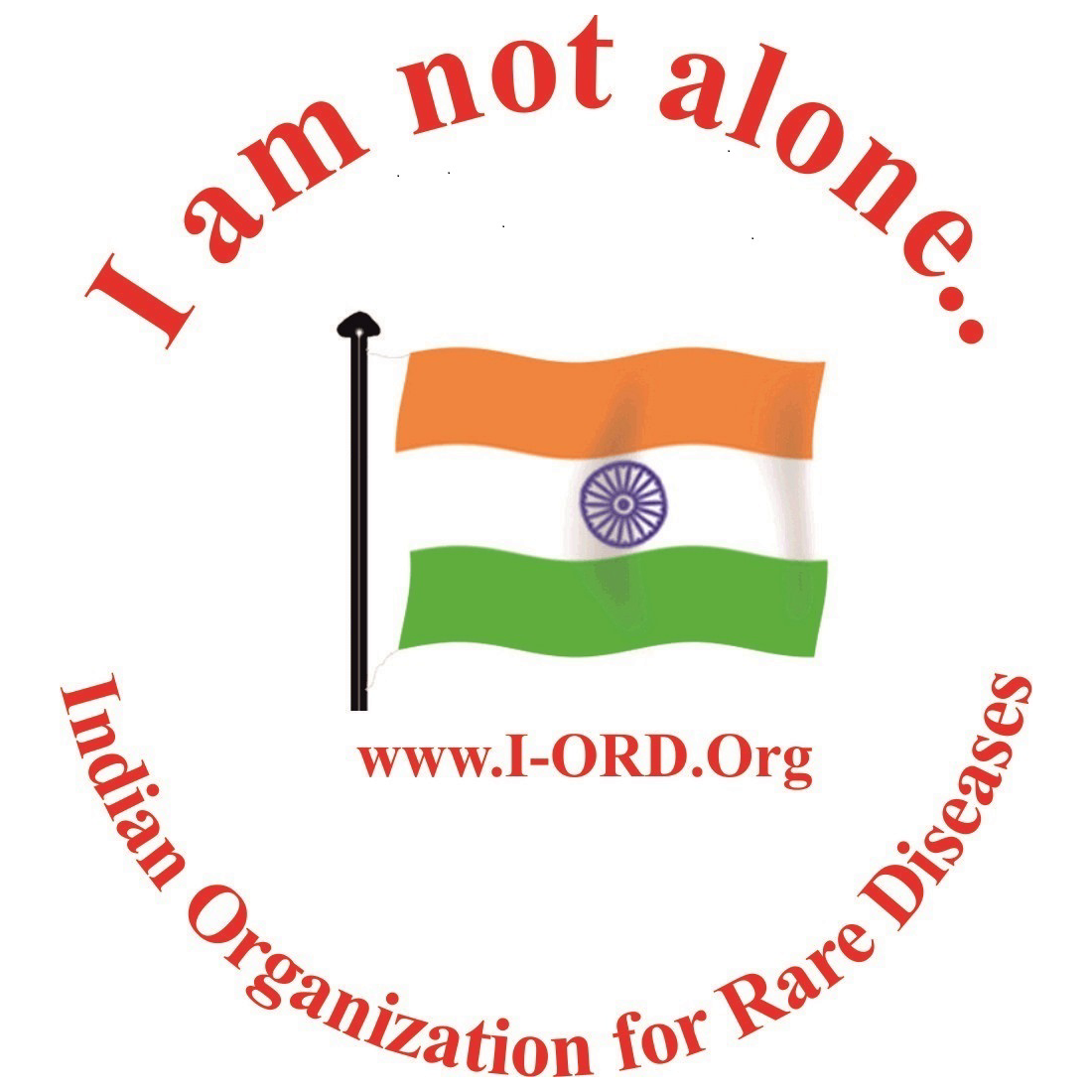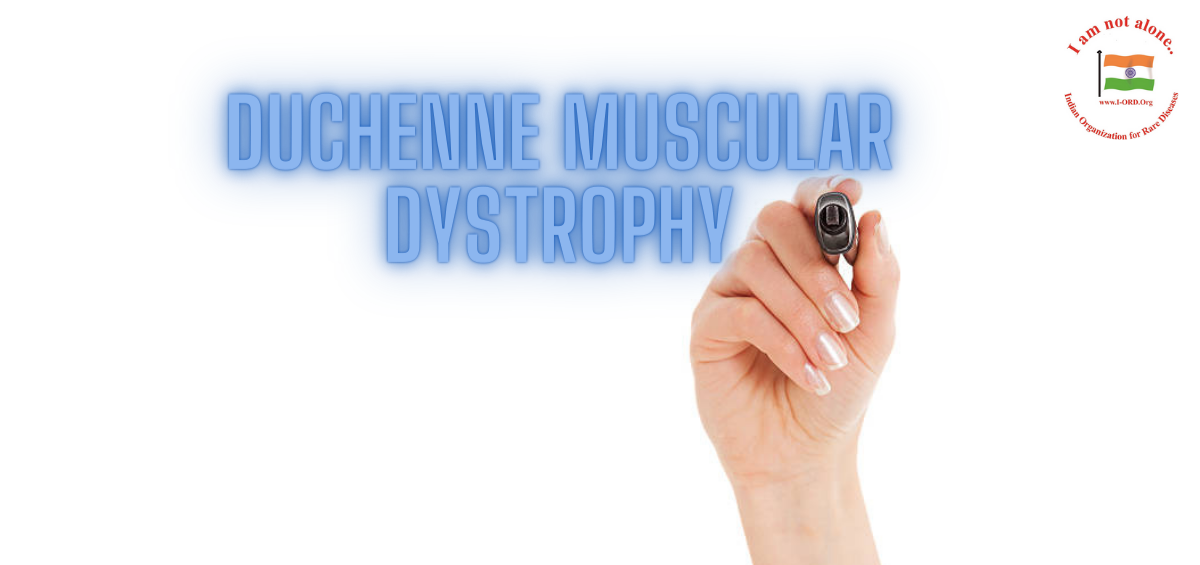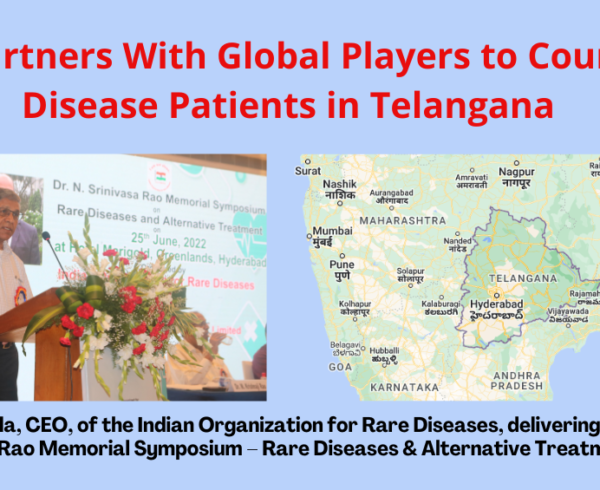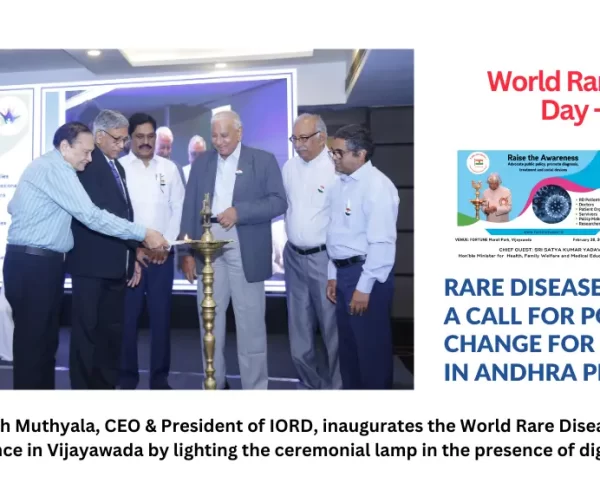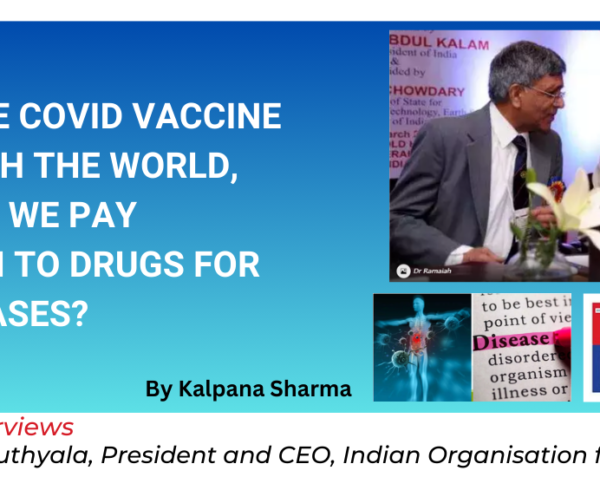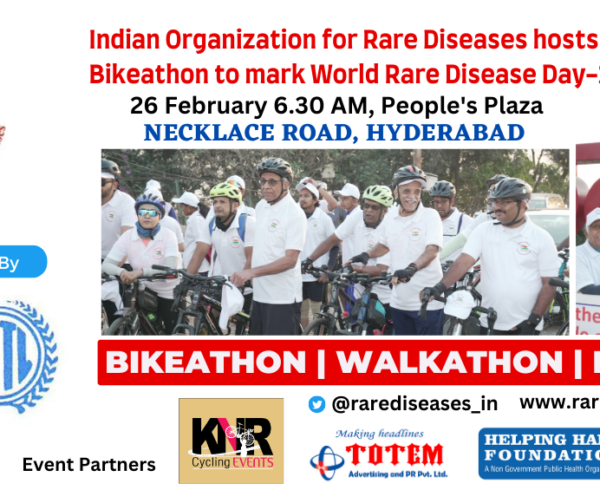The court direction – given on 22 December 2022 – came following a batch of petitions filed by parents of children suffering from rare diseases such as DMD and hunter syndrome.
In a relief for scores of rare disease patients suffering from Duchenne Muscular Dystrophy (DMD) and Mucopolysaccharidosis II or MPS II (Hunter Syndrome) patients, a single judge bench of the Delhi High court headed by Justice Prathiba M Singh has ordered the centre to release Rs 5.35 crores to Hanugen Therapeutics Private Limited for starting clinical trials.
In its order, the court declared it a nationally important project and declared that the government can own the intellectual project. It also directed both Hanugen and BIRAC to enter into a fresh agreement and produce it before the court by the next hearing on January 30.
“The magnitude of the problem which is being suffered by children with rare diseases leaves no doubt in the mind of the court that the creation of therapeutic for children with rare diseases would be considered as a nationally important project,” justice Prathiba M Singh is quoted saying in this report.
For conducting clinical trials on DMD patients, Hanugen Therapeutics Private Limited had entered into an agreement with Biotechnology Industry Research Assistance Council (BIRAC) last year, but it could not happen for lack of funds, the court was told.
Biotechnology Industry Research Assistance Council (BIRAC) is a not-for-profit Section 8, Schedule B, Public Sector Enterprise, that engages in the industrial sector & academia interface.
It was set up by the Department of Biotechnology (DBT), Government of India, to empower the emerging Biotech enterprise to undertake strategic research and innovation, addressing nationally relevant product development needs, it says on its website.
In its comprehensive order, justice Prathiba M Singh also directed the health ministry to publicise crowdfunding platforms for rare diseases through different modes of media.
The court also opined that the Ministry of Corporate Affairs should include a donation for rare diseases under schedule 7 of the Companies Act which lists out different activities that can be taken up by companies as part of Corporate Social Responsibility functions.
